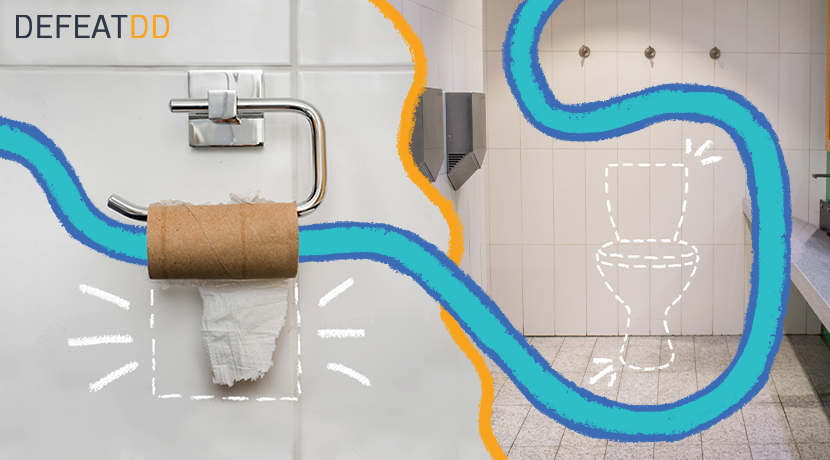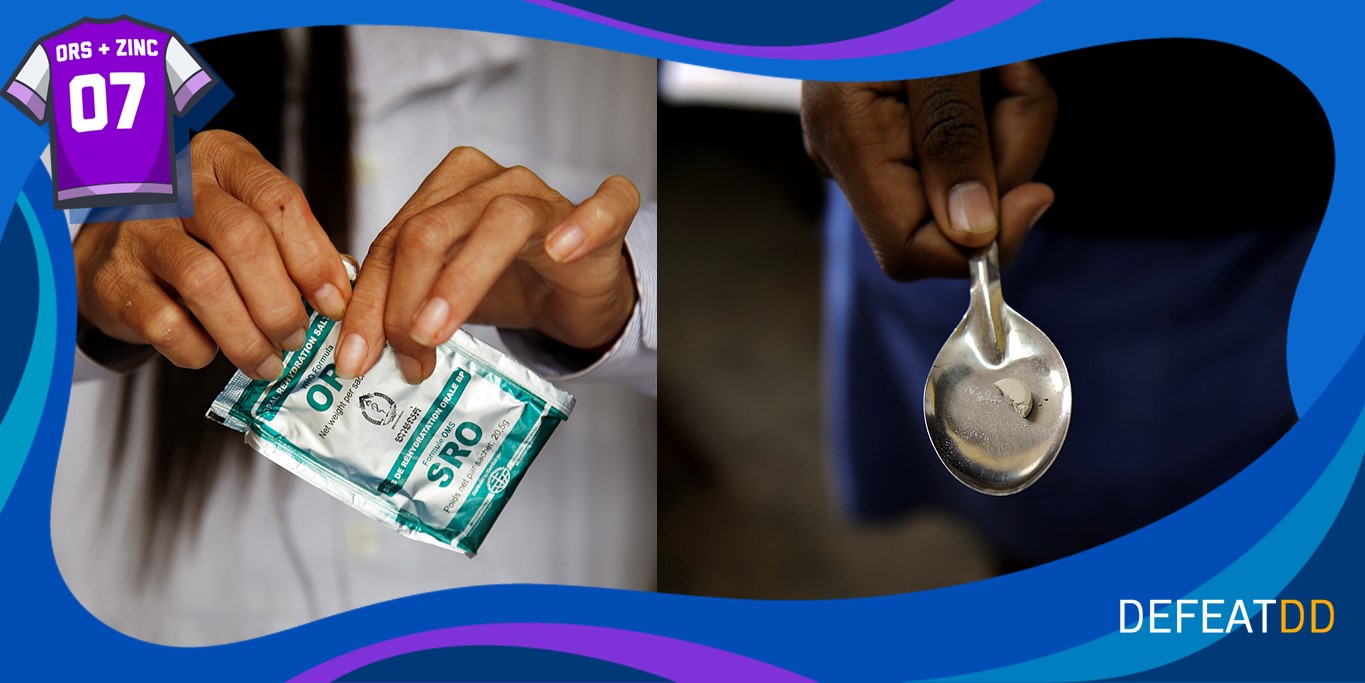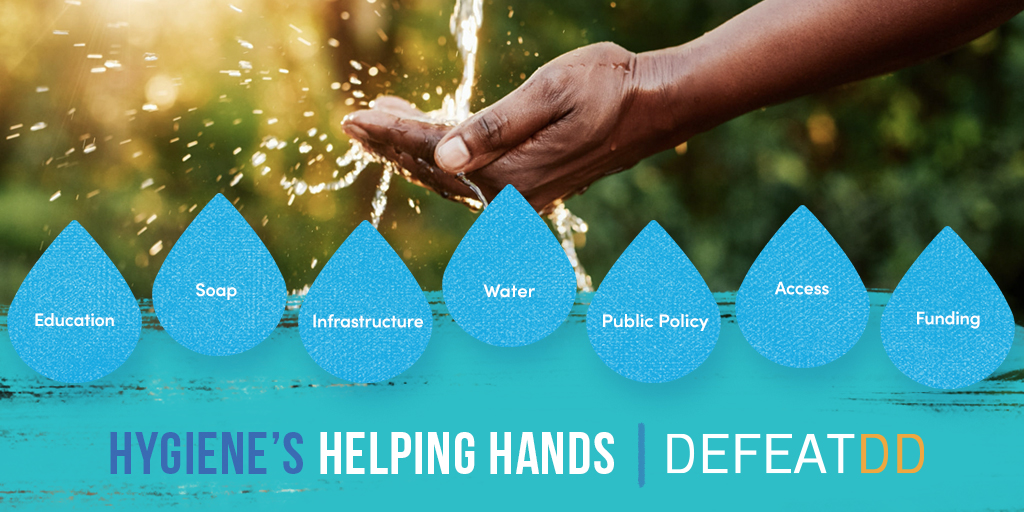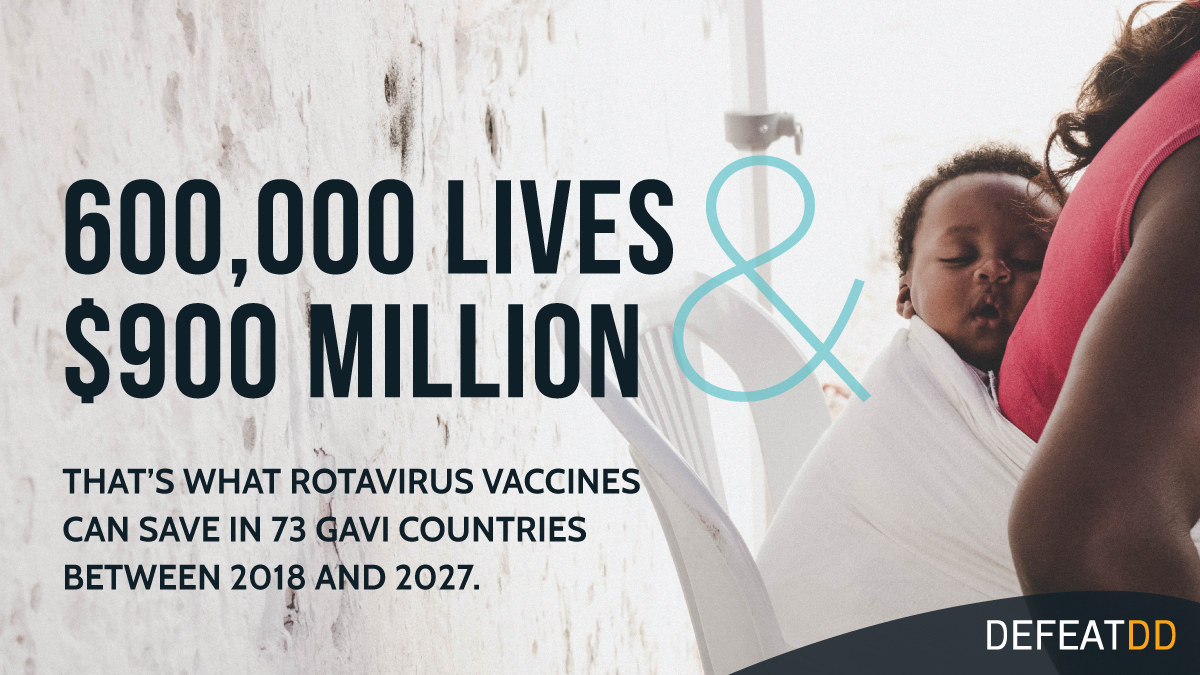
Fortify children against pandemics by going back to basics

In wealthy countries, toilet paper hoarding became a reactionary phenomenon in the early months of the pandemic: a case study in stubborn inequity as two billion people around the world don’t have a toilet.
Climate change. Inequity. COVID-19 and its cascades of poverty and poor health outcomes.
There’s a lot on our minds as we head into the 75th anniversary of the United Nations General Assembly.
COVID-19 brings with it many harsh lessons, including the fact that progress is precarious. COVID-19 has reversed decades of progress, becoming the worst human and economic crisis of our lifetime.
Believe it or not, there’s good news.
The tools to shield children from the worst of COVID-19’s indirect effects are tried-and-true tools of child health. They have saved millions of lives and will continue to do so if we simply prioritize access to them.
Here are a few examples of high-impact, low-cost tools that brought child deaths to an all-time low in 2019 before the pandemic brought the world to a standstill:
Essential medicines: The Lancet Global Health estimates that interrupted access to treatments for pneumonia and diarrhea, the leading infectious killers of children, could be responsible for almost half of the additional child deaths during COVID-19.
Even before the pandemic, access to the WHO-recommended diarrhea treatment, oral rehydration solution (ORS) and zinc, was nowhere near what it should be. Co-packaging the two medicines together is a powerful way to increase accessibility, affordability, and uptake.

Soap and water: COVID-19 may have put hand hygiene in the spotlight, but this has long been one of the most powerful public health tools. Handwashing with soap could eliminate nearly half of all diarrhea infections, not to mention a host of other infections. The basics are simple, but there are many structural and behavioral elements necessary for the successful adoption of hygiene practices.

Vaccines against infectious diseases like rotavirus, cholera, and typhoid: this “best buy” of public health is even more important during COVID-19, when hospital beds are already stretched past capacity. In country after country where they’ve been introduced, rotavirus vaccines continue to slash diarrhea hospitalization rates. Soon, a vaccine for COVID-19 will also drive down hospital rates. Economically and otherwise, prevention is better than cure.

These tools represent a few of the building blocks are the basics of primary health care. Investing in them will go a long way toward building pandemic preparedness while also providing children and families with day-to-day health needs.
This week, help us call on policymakers to go back to basics.


